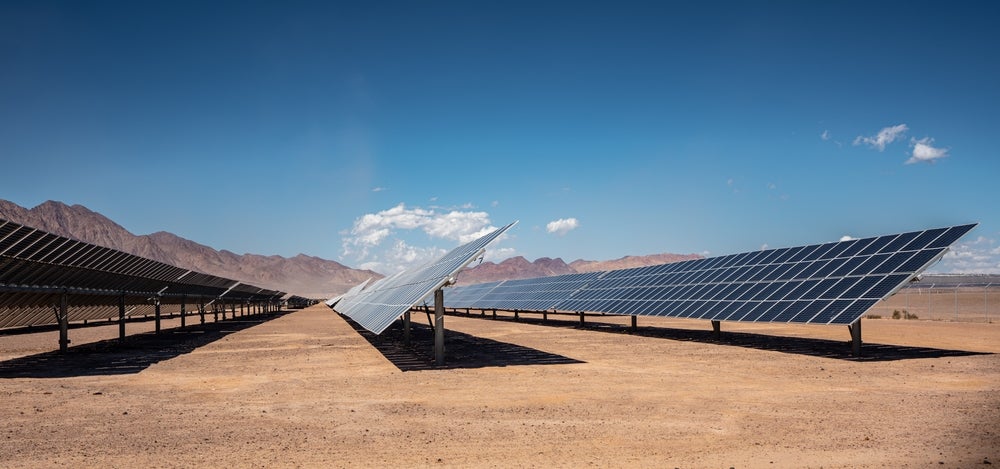Türkiye has one of the world’s most rapidly expanding energy markets, driven by its robust economic growth. However, the country relies heavily on fossil and electricity imports to meet its domestic power demand. To reduce this dependency, the country is looking to expand its renewable capacity.
In October 2024, Türkiye’s Ministry of Energy unveiled its 2035 roadmap for renewable energy. Against this backdrop, the country’s renewable power capacity is forecast to reach 38.2GW in 2035, registering a compound annual growth rate (CAGR) of 17.1%. Annual power generation in Türkiye is expected to increase at a CAGR of 8.6% between 2024 and 2035 to reach 213.5 terawatt hours (TWh).
Türkiye aims to quadruple its wind and solar capacity, targeting a goal of 120GW by 2035. To achieve this, it will install between 7.5 and 8GW of renewable energy capacity annually, with an investment of $80bn. The strategy includes the addition of at least 2GW of wind capacity each year through YEKA [Yenilenebilir Enerji Kaynak Alanları, or Renewable Energy Resource Areas] auctions, which included 1.2GW of wind and 800MW of solar in the YEKA 2024 auction. The development of 5GW of offshore wind has also been targeted, and these targets are expected to augment renewable power development.

Türkiye’s increasing demand for power has been driven by the nation’s expanding GDP and population growth, with projections indicating a continued upward trend. As the primary source of power generation in Türkiye, thermal power predominantly derived from natural gas, followed by hard coal and lignite, plays a crucial role.
However, Türkiye’s domestic fossil fuel resources are limited, necessitating a heavy reliance on imported fuels to satisfy its energy needs, including those for power generation. According to its Ministry of Foreign Affairs, around 74% of the country’s energy requirements are met through imports. The country sources natural gas from Russia, Iran, Azerbaijan, Algeria and Nigeria, while its crude oil imports primarily come from Colombia, Kazakhstan, Iran, Iraq, Nigeria, Russia and Saudi Arabia.
To overcome the challenge, the country has placed focus on nuclear and renewable power. Within the renewable power segment, solar PV constituted 51.3% of total renewable power capacity followed by onshore wind, accounting for 32.9% in 2024. The country is looking to add offshore wind into its capacity mix by 2032. In its offshore wind roadmap, Türkiye has established a goal of achieving 5GW of installed capacity for offshore wind power by 2035.

US Tariffs are shifting - will you react or anticipate?
Don’t let policy changes catch you off guard. Stay proactive with real-time data and expert analysis.
By GlobalData





